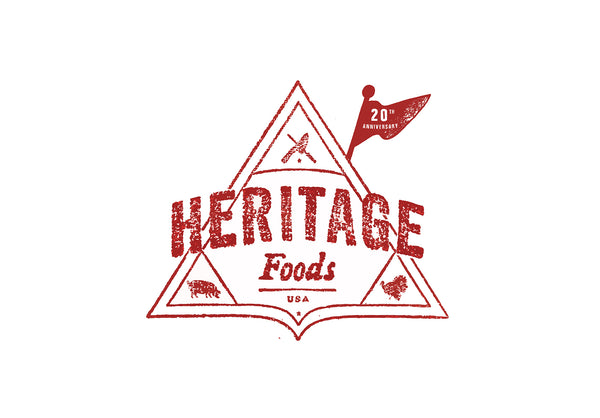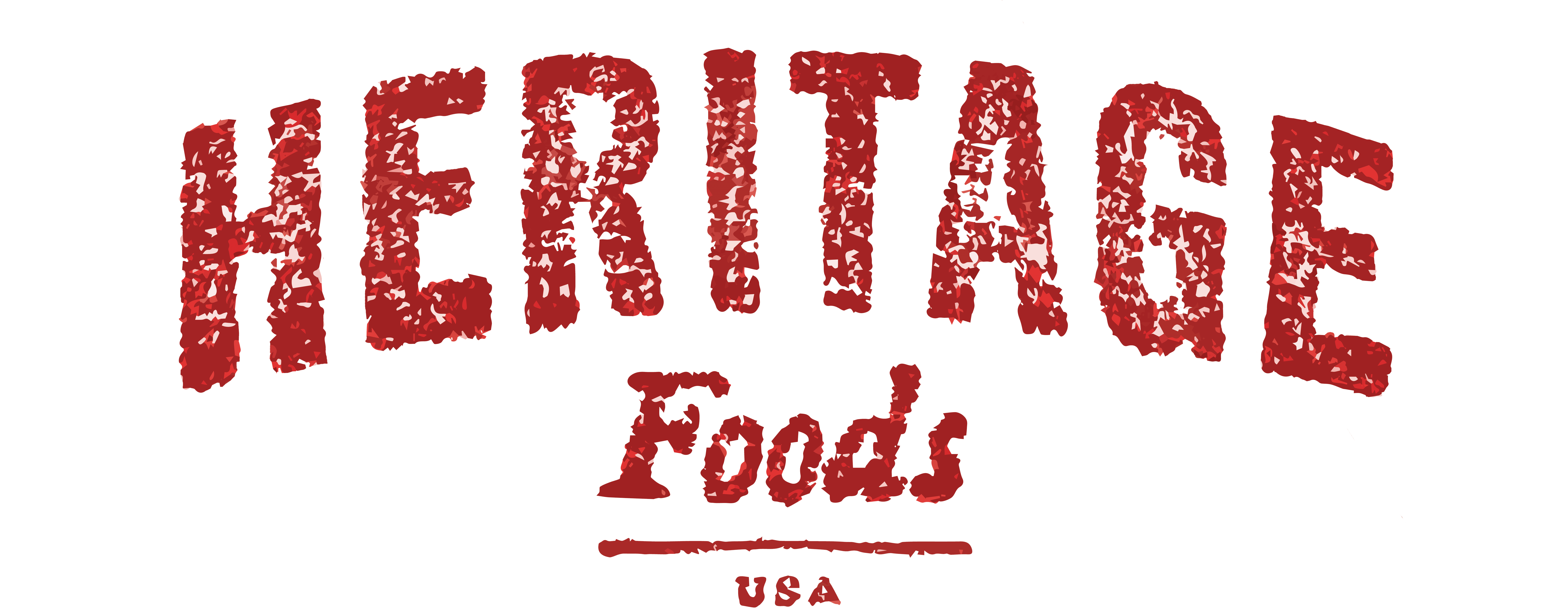
Chinese Buyouts and American Pork
By Janani Lee
The American pork company Smithfield is in talks to be bought out by Chinese corporation Shuanghui International. Shuanghui’s purchase would open the Chinese market to American pork, likely leading to increased domestic production for export. This news has raised concerns about food safety, pollution, American farmers, animal welfare, international corporations, and the American and Chinese economies. These are all legitimate worries since they are all facets of the same broken food system and the merger between America’s largest pork producer and a huge Chinese meat company shines a light on just how broken it is.
Smithfield (like many American and international meat producers) is a vertically integrated company that controls all aspects of their pigs, from genetics to feed to slaughter to distribution. The emphasis is on efficiency and profit – breeding the fastest growing pigs at the lowest cost. These savings are passed on to consumers, but so are detrimental effects like massive lagoons of waste outside of feedlots and antibiotic-resistant bacteria that are allowed to thrive with the non-therapeutic use of antibiotics. Does the benefit of cheap animal protein really outweigh the cost of damage to our environment and health? It is not a stretch to speculate that increased pork production for the Chinese market will only make these problems worse.
What hasn’t really been talked about yet is the effect something like this will have on the farmers and animals we work with here at Heritage Foods. The farmers we work with are independent – they make their own decisions about what breeds to grow, how much time outdoors their pigs get, and when to bring them in for processing. The breeds our farmers work with have not been bred for efficiency and profit, but have instead been farmed for their flavor and their cultural value. Breeds like Red Wattle, Berkshire, and Duroc have long histories that are part of American agricultural history. Heritage breeds are also vital if we want to maintain a genetic diversity in our food supply, which is key to long-term food security.
When large pork producers become even larger and open up to new markets they can continue to drop their prices lower and lower. This means that smaller farms with motives other than pure profit continue to get squeezed and the vital work they do to preserve our culture and environment becomes a rarer and rarer thing. This is something that all meat-eaters and all Americans should be worried about.
